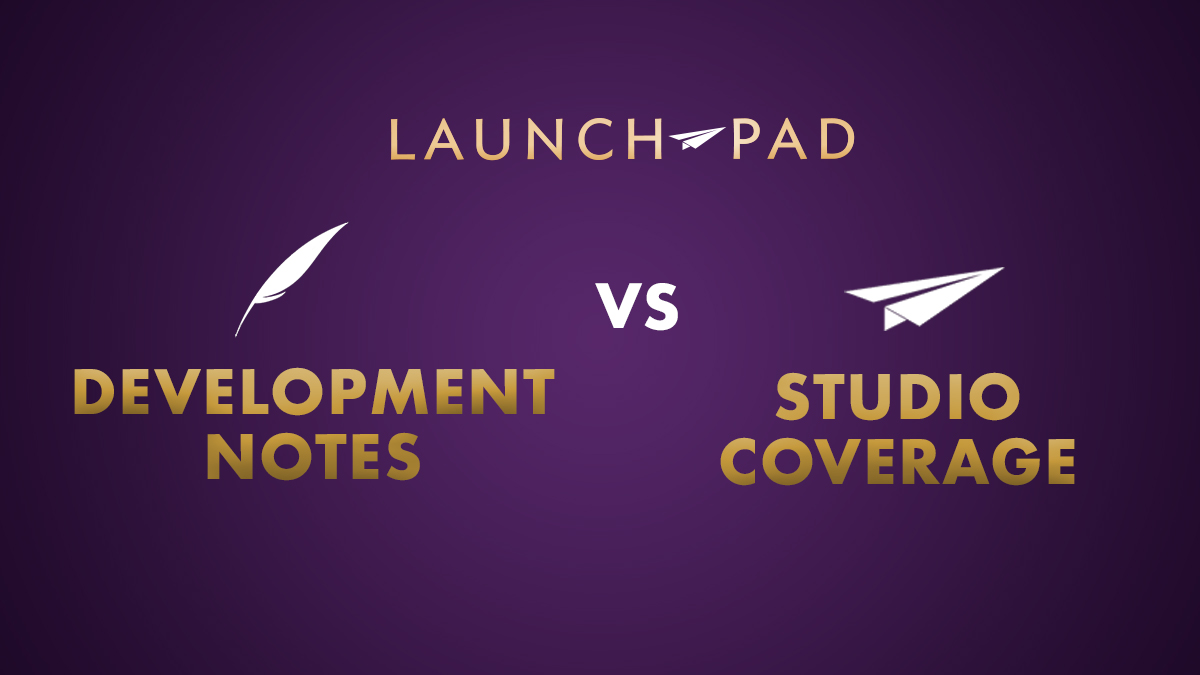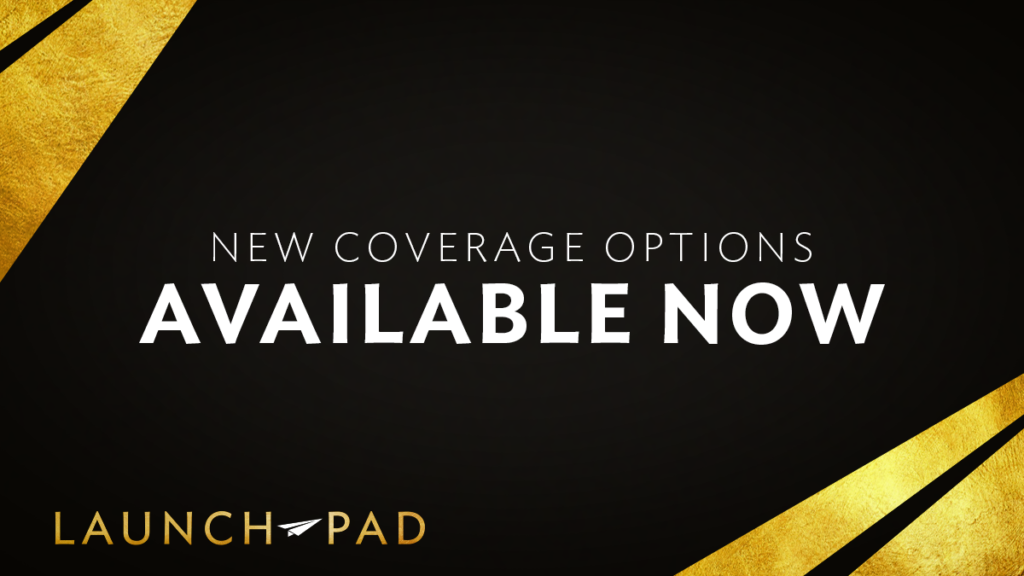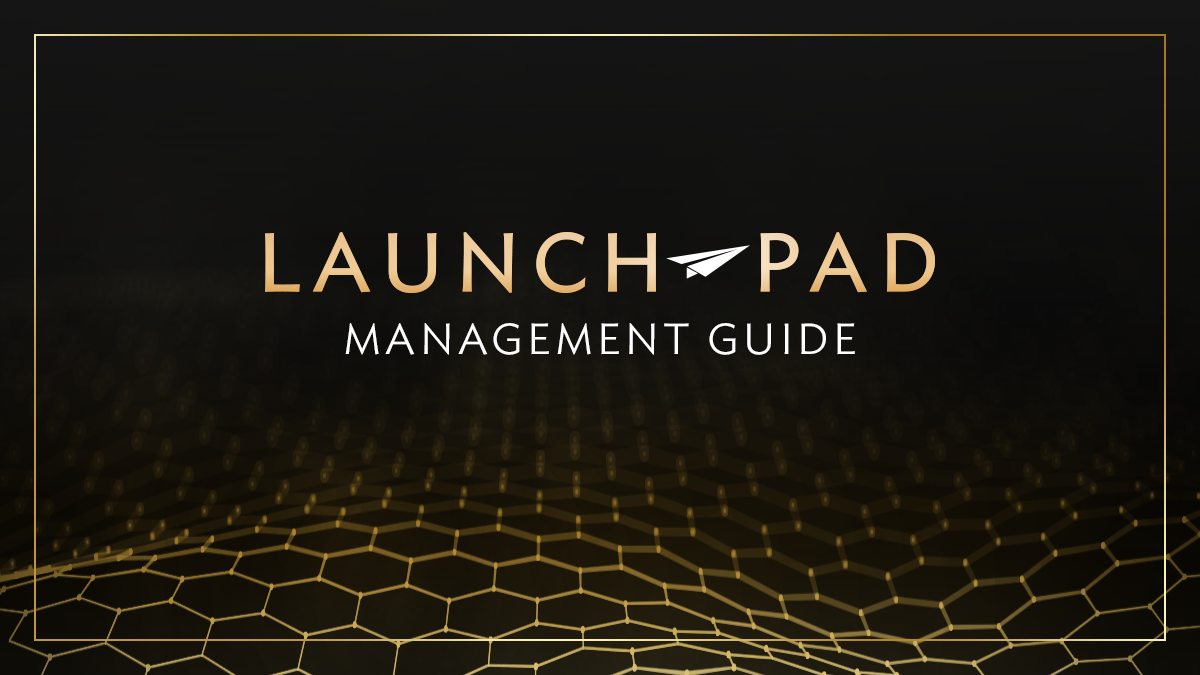
When the topic of notes vs. coverage popped up as a potential article, it didn’t seem like it would need that much space. Boy, I was wrong. There are different kinds of notes and different kinds of coverage, and how to define them was thoroughly debated before a single word was typed.
The difference between notes and coverage is simple depending on who you are asking to read your script. There is a wide range of people you could be asking and so before you make a request, you want to be clear on what you’re looking for so you’re asking the right person.
What is Coverage?
Script Coverage is an in-depth look at a script and usually includes some kind of scoring system for elements of a script including Character, Plot, Dialogue, and Marketability. It will then (usually) have a section on logline and the summary of the script. This may also include a breakdown of the major characters. The analysis of the script is then broken up into sections that focus on each of the aforementioned elements. In these sections, the coverage will mostly center on what is or isn’t working, and why. It may also include specific instructions on how to improve the areas, but how specific those directions are depends on who the coverage is intended for.
Writers can either purchase coverage from freelancers or companies or even receive free/discounted coverage when they submit to script competitions. In fact, in my interviews with finalists from Launch Pad’s various competitions, the coverage was an important element in why they submitted. The reason was that whether or not they won, they would walk away with suggestions to continue to improve in their writing journey. This coverage is written with the knowledge that a writer is going to be reading it. This means that the reader will take into consideration how they present the information, always being sure to include positives even if the script is ultimately receiving a lower score.
On the other hand, production companies and agencies also have their own in-house script coverage process. This will always include a summary, so executives can cite specific examples when speaking about the script with representatives after reading. Coverage will typically only delve into how to improve the script if the reader believes that the script is worth pursuing either for development or representation. They’ll also get into the budget more if the script is being considered for development. These notes are not meant to be read by the writer of the script, though if you or your reps have the connections it’s not impossible to get your hands on them. You can read a more in-depth breakdown of script coverage here.
What are Notes?
Notes on the other hand do not have the same fairly standard format to work off of and they are done knowing that they will either be read or directly communicated to the writer. For this reason, they will also be clear on what is working to take the sting out of what isn’t (or because it’s a genuinely great script and they don’t have that many criticisms).
Notes can come from other writers, maybe you’re in a writers’ group, or from representatives and producers. Your writing peers are likely helping you to figure out the big issues with the scripts before anyone at the professional level takes a look at your spec. These notes, if written out, will often be more in big paragraphs that simply go into what is or isn’t working, and pitches on how to fix it.
Notes that come from someone who is developing your script will be a lot more specific. Early rewrites can come in paragraph form or phone calls, and will cover specific changes to how the script is reading or a plot point that isn’t working. Producers already like the broad strokes of what your story is, that’s why they bought or optioned it, so often times as you get towards the final note rounds, you will get a list of page numbers with what they want you to remove, strengthen, or expand on. It can read cold but they’re actually the best kind of notes because you’ve done what every writer dreams of: you’ve sold your script and you’re in the home stretch of seeing it on screen!
Do You Need Notes or Coverage?
One of the best things you can do for your script is get as many eyes on it as possible before it enters the marketplace, as well as understand the rubric that the industry is grading it on. Writers’ groups are great for notes and feedback, but you often hit a point where you need to find readers with a fresh set of eyes. That’s when it’s time to get professional readers, who know what executives and representatives are looking for because they’ve worked with them. Seek out script coverage services from established people who will approach your coverage as if they were reading for a production company or agency, including Launch Pad coverage services.
Going into 2021, it’s also important to make sure that you’re not just looking at if the script hits certain beats or the character arc is strong enough, you also have to make sure that if you’re getting diverse readers. Time and time again, we see the effects on screen of writers and directors telling stories that are not their own experience. You can write any story you want, but always make sure that if you’re covering worlds you didn’t grow up in you do your due diligence to see them represented appropriately. This need has actually led to a rise in demand for “sensitivity readers” and is definitely something worth looking into for your script.
Writing is a lonely endeavor and it’s easy to miss what is lacking on the page. Thankfully, writers’ groups and coverage services, can provide a great opportunity to approach your script in a way you hadn’t seen before.
Take a look at our studio-style script coverage and notes. Constructive. Straightforward. Professional.


